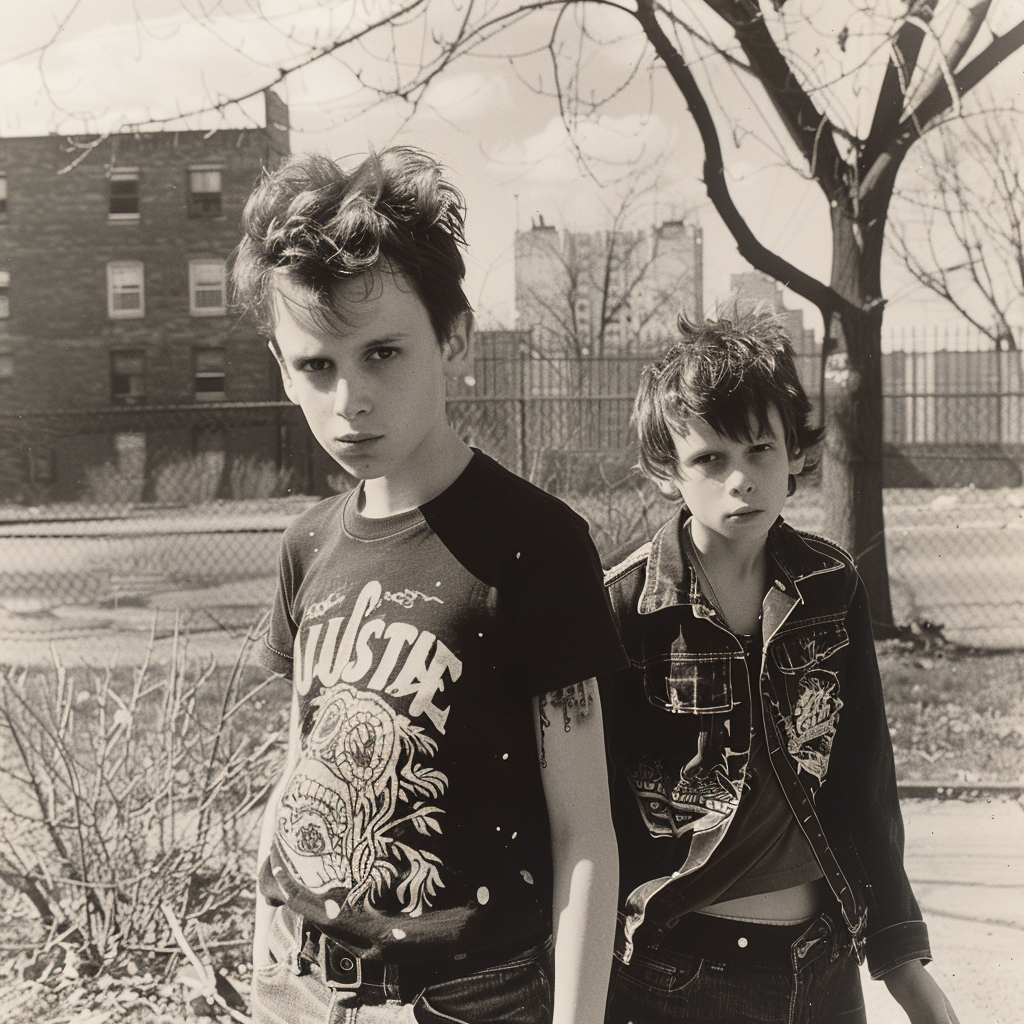The Unconventional Value of Imaginary Friends
Lately, I have been writing on personally embarrassing topics to get a reaction from people. It’s a fun project, but also valuable. As it turns out, I am not alone with all my interesting personal challenges! Confronting personal challenges is the fastest way to succeed in your endeavors. So, for this article, I am taking on this new idea I have of resurrecting my old invisible friends from my childhood.
The Scientific Perspective on Imaginary Companions
Yes, I had several growing up. Before judging me, I want to summarize the modern research on this topic so that you are up to speed before I get into why I am bringing this topic up. These seem to be the top 5 conclusions on this topic in behavioral research circles:
1. Regular Aspect of Development: Imaginary friends are considered a normal part of childhood development and not an indication of psychological problems. They can appear as wholly invented characters, personifications of objects, or invisible friends.
2. Creativity and Social Skills: Children with imaginary friends often display higher creativity and advanced social skills. They tend to be good at storytelling and may also show greater empathy and understanding of other people’s perspectives, likely because they practice social interactions through imaginary scenarios.
3. Emotional Support: Imaginary friends can provide emotional support. They offer a way for children to express feelings and thoughts they might not feel comfortable sharing with others. These friends can serve as a coping mechanism during stressful situations, helping children manage their emotions and feelings of loneliness.
4. Language and Cognitive Development: Engaging with imaginary friends can also enhance language and cognitive development. Conversations with these non-existent companions often involve complex narratives and vocabulary, which can improve verbal skills. Additionally, organizing and structuring these interactions can enhance cognitive abilities related to planning and execution.
5. Transition to Real-Life Friendships: Interaction with imaginary friends can be a stepping stone to developing real-life friendships. It helps children learn the dynamics of social interaction, including taking turns, empathy, conflict resolution, and the importance of listening to others.
Personal Reflections and Revisiting an Old Friend
I can see how the first four played out in my life. Those first four are definitely skills and talents I demonstrated early in life. The last one, not so much. I struggled to build friendships, mainly because I was just too weird. This is why I had an entire army of invisible friends with whom to play out scenarios. They were a captive audience; they had to listen to my ideas, and I could easily filter out the feedback that I did not like. There was one imaginary friend who was the most prominent. He was the first one that I created at a really young age. His name was “ghosty.” I was not very creative then, so he became GHOSTY, for lack of a better descriptor.
The Return of GHOSTY: An Unexpected Encounter
Now, GHOSTY has been lying dormant for decades. I am trying to remember the last time he appeared, right around middle school age. When I got beat up one day in Woodshop by the neighborhood bully, GHOSTY disappeared and never returned. I learned quickly that being an imaginative, flighty philosopher was not cool in Middle School. I begged my mom for some penny loafers from PayLess Shoe Source and bought a Bruce Springsteen album so that I could try to fit in. GHOSTY was pretty pissed at me, and I never heard from him again.
However, here I am many decades later, walking through my neighborhood and passing by a play structure when I guess who I would see sitting at the base of one of the slides? You guessed it, GHOSTY. He had returned with that same sarcastic grin that seemed to make fun of me and praise me simultaneously. I did not know how to react to this new development. Was I having a mental break? Was this some form of middle-age regression? What did I eat or drink last night?
Imaginary Friends in Adulthood: A Valuable Insight
Alight, I am being dramatic for fun. I was thinking out loud about a presentation that I had to give. I was thinking through the audience and who would be listening. I wanted to imagine what they would look like, how they would respond, and what questions they would ask. I was speaking out loud, trying to gauge my volume and rhythm. Do not worry; anyone who says me would just think I was talking on my earbuds. I am still weird, but not that weird. That was the moment that I remembered GHOSTY. I had not recalled that for so long, and it felt like a story that I had heard and not something that was actually something that I had created.
The Modern Relevance of Imaginary Companions
This led me to think about how valuable imaginary friends really are. Who says they have to be a childhood fancy!? In fact, I was recording a podcast yesterday
in which I was talking to an entrepreneur, and we started talking about his ICP, Ideal Customer Profile. As we discussed this person, their characteristics, who they were, where they lived, and what car they drove, I realized this is just the modern version of an imaginary friend. That is what an ICP is, an imaginary friend that will buy your product or service.
We create this imaginary friend, or ICP, and start to think of messaging, images, and offerings that would appeal to them. We craft dialogues with this potential person and talk to each other as if this imagination were real. We create entire storyboards around them and gain investor confidence and, ultimately, their money based on our understanding of our imaginary friends. This improves our corporate development strategy and social outreach, helps us stay grounded on our mission, helps us create the correct messaging, and ultimately helps us get real customers. This sounds eerily close to the 5 benefits of imaginary friends I listed above!
Conclusion: The Evolution of GHOSTY and Personal Growth
So, who are your imaginary friends that will help you get all these 5 things right? When I ran this morning by that playground structure, I could not help but notice that GHOSTY has changed. He is no longer that cool punk kid from Middle School that I would hang out with when I was alone. He had evolved. He represented more of who I wanted to be. GHOSTY has changed quite a bit over the years.




